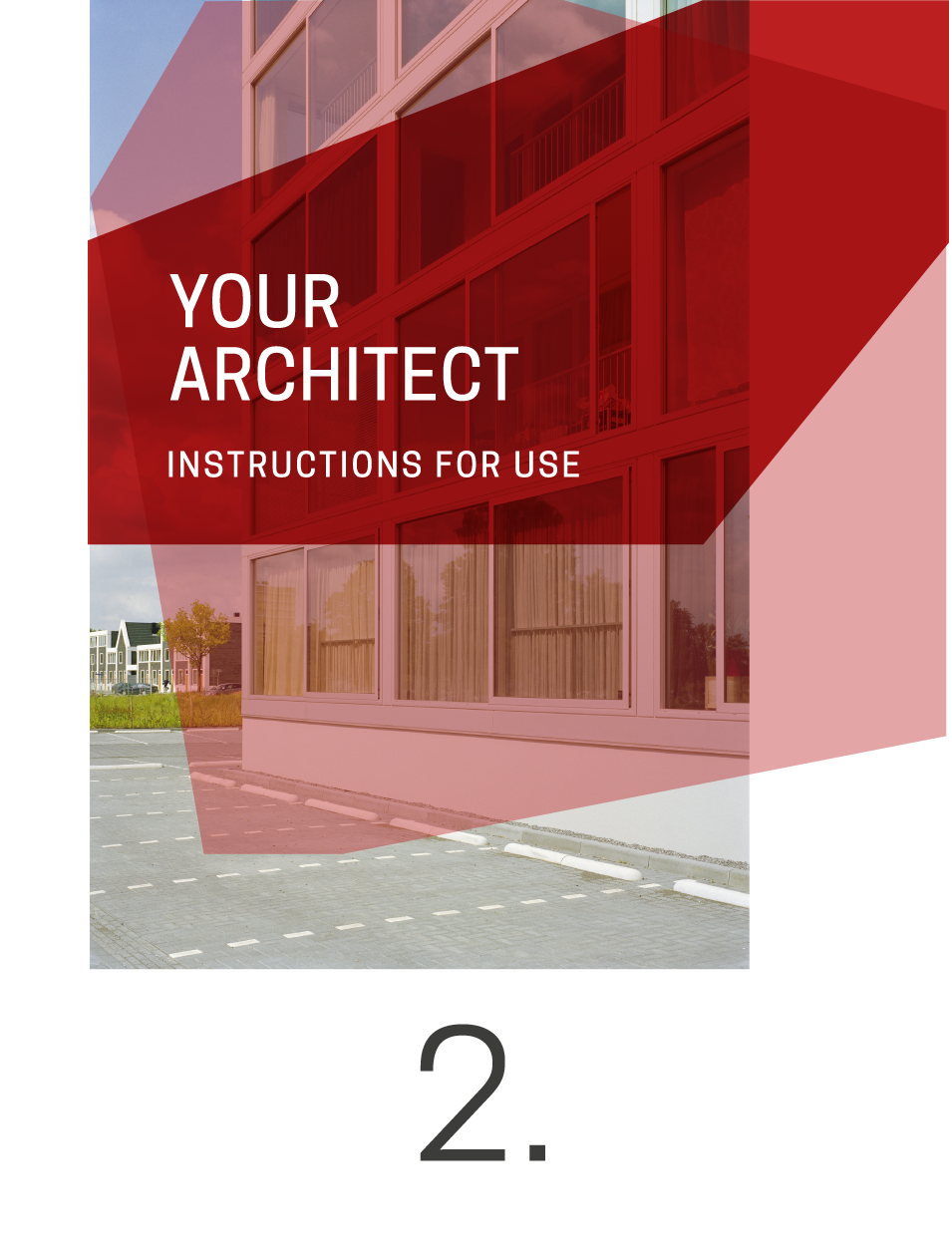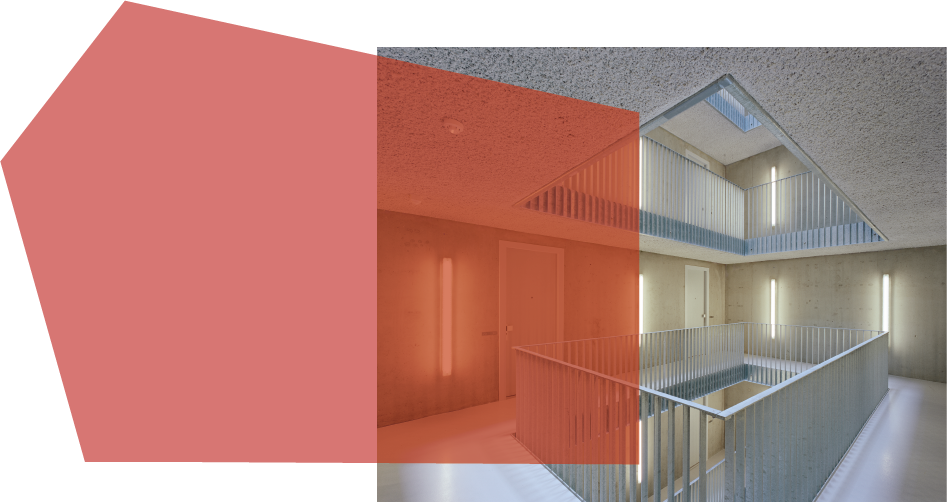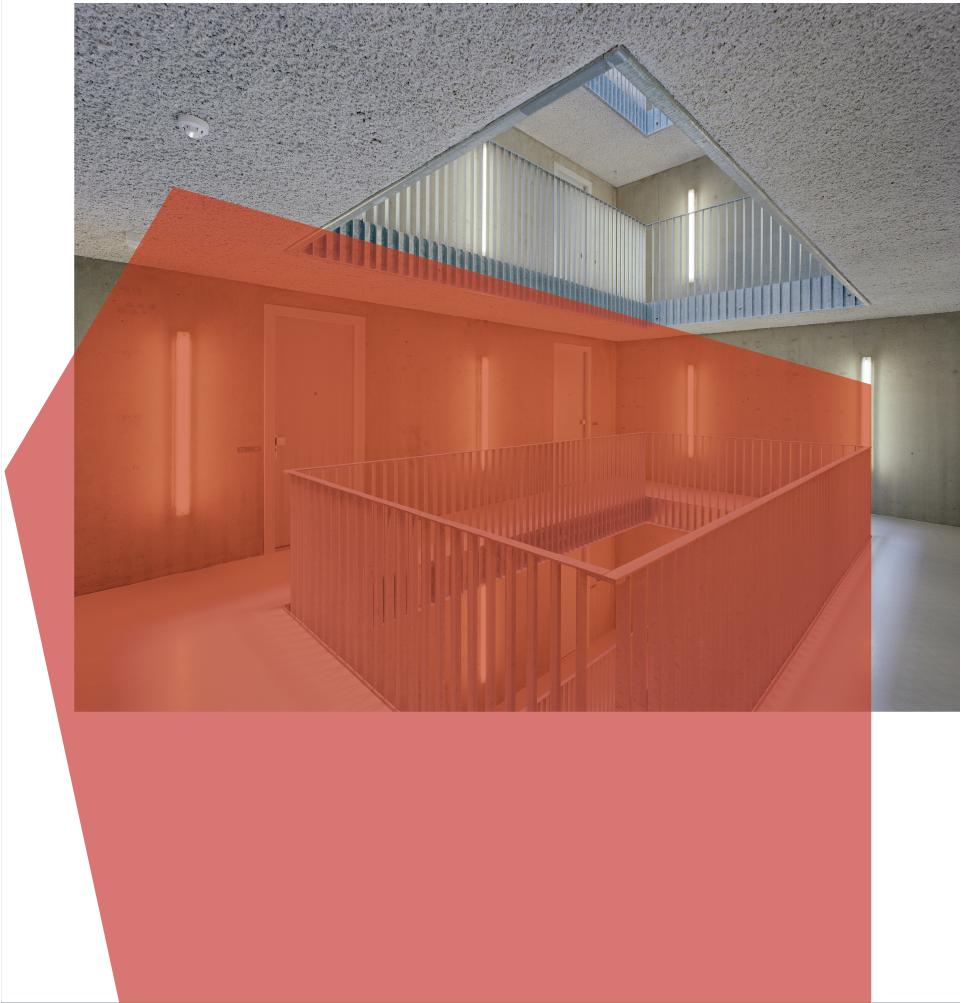Once you have found Your Architect for your project and determined the project plan, it is important to ask for a cost estimate. A cost estimate is a professional obligation and the client's right.
The architect's fee is an investment that enhances your project.
The fee can be determined according to various criteria. It may consist of a percentage of the construction costs, of a lump sum or be calculated on the basis of an hourly or daily rate. The characteristics of each project influence the way the fee will be calculated.
The fee depends on many factors:
Substantial variations during construction may entail recalculation of fees. Urgent actions are usually added to the invoice as a percentage of the cost of the work and services requested. We would advise you to regulate this aspect in the formal contract.
Expenses – such as the cost of travel, printing plans, photocopies and the necessary documentation – can be specified at the bottom of the invoice, or included in the general amount.
It is important to establish what is included and what is not – for example, the intervention of other specialists such as plant engineers etc. – and to agree terms and deadlines for payment. Generally speaking, an advance payment is agreed upon when signing the contract, and it may be useful to link payments to stages in the project or construction process.
The fee depends on many factors:
the types of service offered, determined on the basis of the project plan;
the complexity and size of the project: for example, renovating and/or extending existing buildings may require far more resources than a new construction, just as building sites in historical town centres are even more complex and costly in proportion;
the stages of work that you wish to entrust to your architect: for example, only the initial planning, the final project plans, the implementation, or also the direction of works and/or the final inspection;
the construction costs and timing necessary for completion of the project.
Substantial variations during construction may entail recalculation of fees. Urgent actions are usually added to the invoice as a percentage of the cost of the work and services requested. We would advise you to regulate this aspect in the formal contract.
Expenses – such as the cost of travel, printing plans, photocopies and the necessary documentation – can be specified at the bottom of the invoice, or included in the general amount.
It is important to establish what is included and what is not – for example, the intervention of other specialists such as plant engineers etc. – and to agree terms and deadlines for payment. Generally speaking, an advance payment is agreed upon when signing the contract, and it may be useful to link payments to stages in the project or construction process.
Once the estimate has been approved, a formal contract is drawn up and signed. This specifies the responsibilities of the client and Your Architect and the services to be supplied.
The contract is an obligation and it must specify costs, timing and services; the clearer it is, the fewer misunderstandings there will be in the future. The architect will discuss all the issues with you so as to thoroughly clarify the terms of your agreement.
The contract determines the details of the services to be provided in the project, the way the fee and expenses will be calculated, the presence or otherwise of other consultants, insurance cover for the architect and the period of responsibility, and finally the procedure for resolving any disputes.
You can use as a model one of the example contracts available on the Milan Order of Architects website: Milan Order of Architects PLC.
In the project planning section you will find a diagram illustrating how an architectural project is carried out, and a table of professional services: you can refer to this when drawing up the contract.
The contract specifies the fundamental responsibilities of the architect, such as:
As the client you must be able to:
You can use as a model one of the example contracts available on the Milan Order of Architects website: Milan Order of Architects PLC.
In the project planning section you will find a diagram illustrating how an architectural project is carried out, and a table of professional services: you can refer to this when drawing up the contract.
The contract specifies the fundamental responsibilities of the architect, such as:
to carry out the services requested with competence and care;
to represent the client on certain occasions;
to advise the client on regulations and legislation;
to update the client on the state of things as work progresses and on quality, cost and time related issues;
not to make substantial modifications to the project without the client's consensus, except in an emergency;;
not to subcontract anything without the client's consensus.
As the client you must be able to:
contribute to setting priorities for the project, providing the architect with all the necessary information and documentation;
make decisions and answer any questions the architect asks you;
pay the architect's fees, expenses and mandatory social security contributions, and the taxes due for the project, including VAT.
The architect will assess the complexity of the assignment and inform you of aspects that may create problems while work is in progress. He/she will also inform you of situations in which unexpected factors might lead to a modification in the initial agreement.









